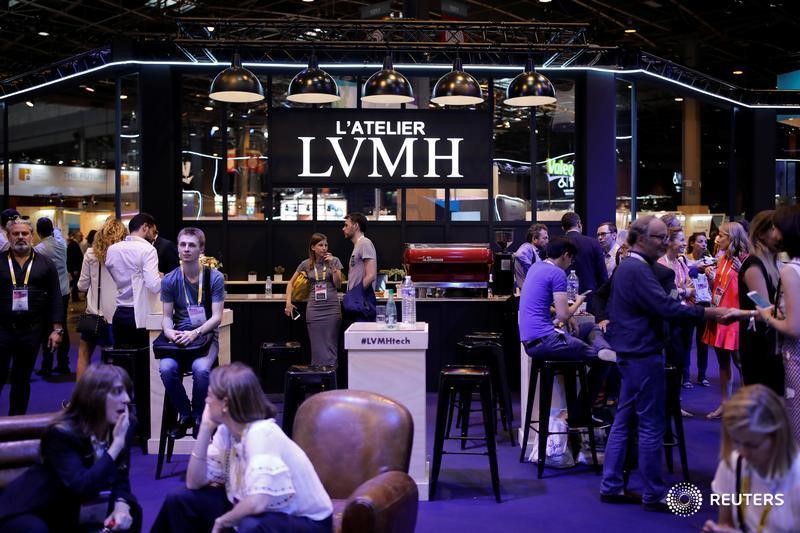This post was originally published on this site
https://i-invdn-com.akamaized.net/news/LYNXMPED990IE_M.jpg © Reuters.
© Reuters.By Geoffrey Smith
Investing.com — Around the world, policy-makers are taking increasingly extreme measures to combat the coronavirus, but they are not having much impact on stemming the panic in financial markets.
Everything with a hint of risk is being sold on Monday morning, and anything with a credible promise of safety is being bought. Investors worldwide are focusing on return ‘of’ capital, rather than return ‘on’ capital.
In Europe, corporate actions are following government actions with increasing rapidity. After cinemas, restaurants and bars, it’s now factories that are being closed: Fiat Chrysler said Monday it will suspend production at eight facilities across Europe, while tiremaker Michelin (PA:) said it will shut plants in Spain, Italy and France. Others will surely follow, whether out of fear of exposing their workforces, or because their supply chains are frozen.
The news is even worse from the travel sector. International Airlines Group (LON:) said it expects to run schedules at no more than 25% of capacity in April and May, while EasyJet (LON:) said it will keep over half its fleet grounded. Wizz Air (LON:) shares fell 20% after the company was forced to suspend flights in and out of Poland.
“European aviation faces a precarious future and it is clear that coordinated government backing will be required to ensure the industry survives,” easyJet (LON:)’s CEO Johan Lundgren said in a statement.
While governments are making positive noises about supporting the travel sector, the lack of detail as to how existing shareholders will be treated under any government assistance programs leaves the stocks exposed to huge risks.
Other travel companies are hardly faring any better: Carnival (NYSE:) said it would suspend four more cruise brands for a month, having shut down the ill-starred Diamond line for two months last week.
One stock whose political risk has probably been mitigated is arguably LVMH (PA:), which took the step of pivoting three of its big French perfumeries away from scent to making hand sanitizer. The company said it will distribute this free of charge to French hospitals. Owner Bernard Arnault, whose high-profile donation to restore Notre Dame cathedral after last year’s fire received a mixed response, will probably be expecting a better reception for this move.
Retailers Kingfisher (LON:) and Associated British Foods (LON:), meanwhile, both illustrated a trend that’s likely to play out across the continent in the next few weeks, simultaneously talking up the easing of Chinese supply chain issues while warning of store closures in Europe. ABF’s Primark has now closed stores that account for 30% of sales, while Kingfisher’s Castorama and Brico Depot stores are now closed for a month.
The only light in the darkness? Spread-trading firm Plus500 (LON:) said it expects revenue and profit for the full year to be “substantially ahead of current consensus expectations” thanks to the spike in financial market volatility.
Things are less bright for those who prefer to bet on sports rather than markets: Flutter Entertainment (LON:), the firm behind Paddy Power and Betfair, warned that the suspension of sporting events in Europe and elsewhere through August would cost it an estimated 110 million pounds in EBITDA. In one regard, at least, it did better than most companies updating on Monday. None of the others (including Plus 500) was able to give any meaningful guidance for the rest of the year.
Fusion Media or anyone involved with Fusion Media will not accept any liability for loss or damage as a result of reliance on the information including data, quotes, charts and buy/sell signals contained within this website. Please be fully informed regarding the risks and costs associated with trading the financial markets, it is one of the riskiest investment forms possible.

